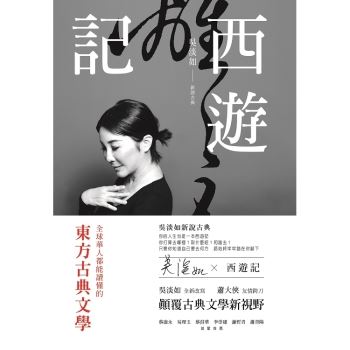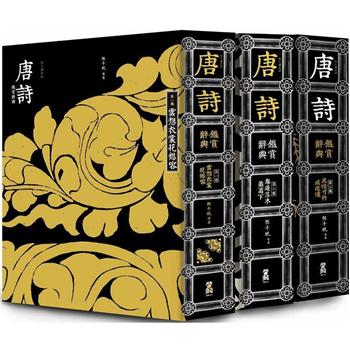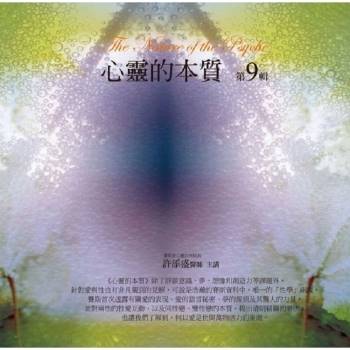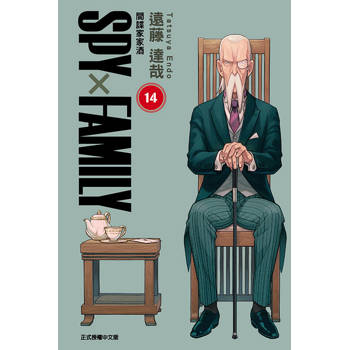In the decades since the end of World War II, it has been widely assumed that the western model of liberal democracy and free trade is the way the world should be governed. However, events in the early years of the 21st century—first, the 2003 war with Iraq and its chaotic aftermath and, second, the financial crash of 2008—have threatened the general acceptance that continued progress under the benign (or sometimes not-so-benign) gaze of the western powers is the only way forwards. And as America turns inwards and Europe is beset by austerity politics and populist nationalism, the post-war consensus looks less and less secure. But is this really the worst of times? In a forensic examination of the world we now live in, acclaimed historian Michael Burleigh sets out to answer that question. Who could have imagined that China would champion globalization and lead the battle on climate change? Or that post-Soviet Russia might present a greater threat to the world's stability than ISIS? And while we may be on the cusp of still more dramatic change, perhaps the risks will—in time—bring not only change but a wholly positive transformation.
| FindBook |
有 1 項符合
The Best of Times, the Worst of Times: A History of Now的圖書 |
 |
The Best of Times, the Worst of Times: A History of Now 作者:Burleigh 出版社:Pan Macmillan 出版日期:2018-07-12 語言:英文 規格:平裝 / 13.3 x 19.7 x 3.2 cm / 普通級 |
| 圖書館借閱 |
| 國家圖書館 | 全國圖書書目資訊網 | 國立公共資訊圖書館 | 電子書服務平台 | MetaCat 跨館整合查詢 |
| 臺北市立圖書館 | 新北市立圖書館 | 基隆市公共圖書館 | 桃園市立圖書館 | 新竹縣公共圖書館 |
| 苗栗縣立圖書館 | 臺中市立圖書館 | 彰化縣公共圖書館 | 南投縣文化局 | 雲林縣公共圖書館 |
| 嘉義縣圖書館 | 臺南市立圖書館 | 高雄市立圖書館 | 屏東縣公共圖書館 | 宜蘭縣公共圖書館 |
| 花蓮縣文化局 | 臺東縣文化處 |
|
|
圖書介紹 - 資料來源:博客來 評分:
圖書名稱:The Best of Times, the Worst of Times: A History of Now
|











